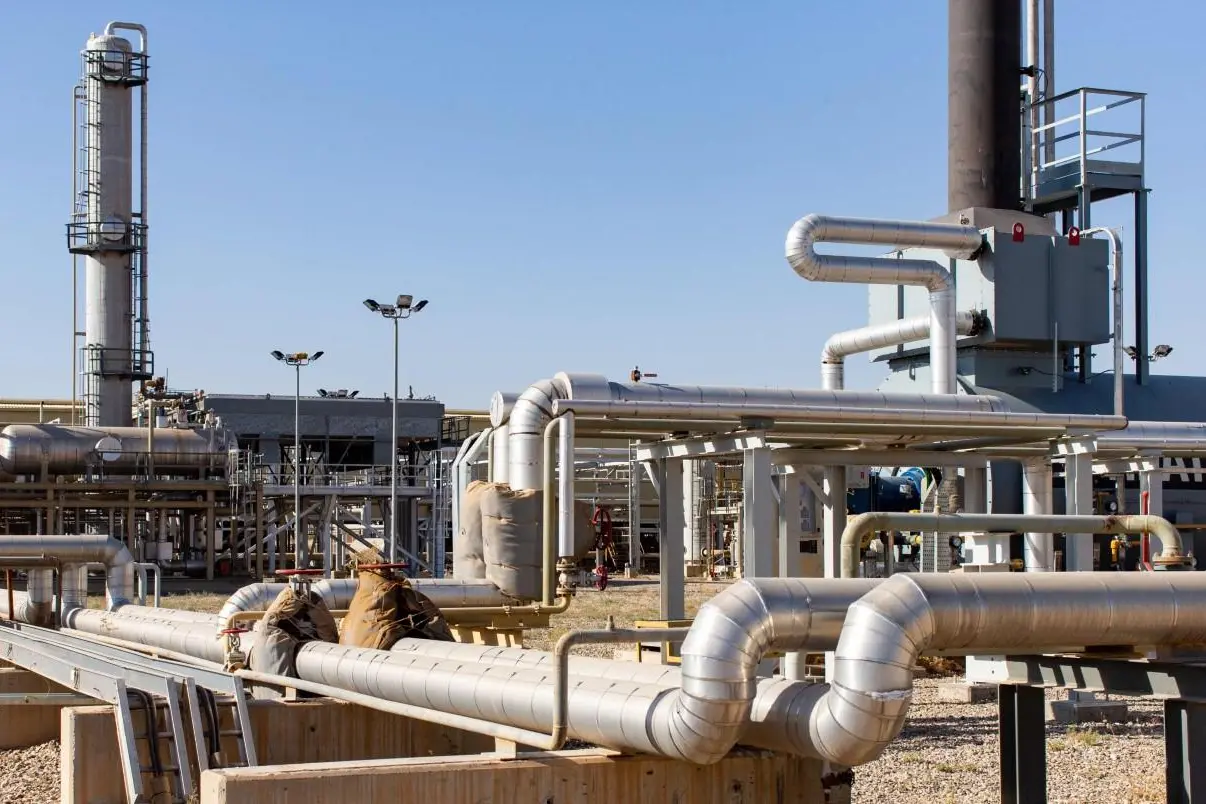The UAE oil companies form the cornerstone of the nation’s economy, driving progress, innovation, and sustainability in the global energy sector. For decades, the United Arab Emirates has been synonymous with oil wealth and industrial transformation. From massive crude oil reserves in Abu Dhabi to refined petroleum exports through Dubai, the UAE has positioned itself as one of the most influential oil producers in the world.
This article explores the evolution, structure, and impact of UAE oil companies, the products they trade, and their contributions to the global energy landscape — with a special mention of Al Faraji Oil, a trusted name in petroleum trading and fuel supply.
The Foundation of UAE’s Oil Industry
The discovery of oil in the 1950s changed the course of the UAE’s history. Before oil, the economy relied heavily on fishing and pearl diving. But once commercial quantities of oil were found in Abu Dhabi in 1958, the transformation began.
Oil exports started in the early 1960s, leading to rapid urbanization, infrastructure development, and global recognition. The establishment of ADNOC (Abu Dhabi National Oil Company) in 1971 marked the beginning of organized oil production and management in the Emirates.
Today, the UAE is the seventh-largest oil producer in the world, with over 97 billion barrels of proven reserves — most of which are located in Abu Dhabi.
Key Roles of UAE Oil Companies
The UAE’s oil companies are not just producers — they are innovators, traders, and investors in future energy solutions. Their roles include:
1. Exploration and Production
Companies like ADNOC and international partners conduct extensive exploration to locate and extract crude oil efficiently and sustainably.
2. Refining and Processing
Once extracted, crude oil undergoes refining to produce petroleum products such as gasoline, diesel, kerosene, and jet fuel — essential for industries and transport.
3. Storage and Distribution
UAE oil companies manage vast storage terminals, pipelines, and fuel distribution systems, ensuring timely supply to domestic and international clients.
4. Trading and Export
Dubai and Fujairah serve as major trading hubs for petroleum products. UAE oil companies export to Asia, Africa, and Europe, playing a crucial role in global energy supply chains.
5. Research and Sustainability
Many oil companies in the UAE are investing in renewable energy, carbon capture, and clean technologies to align with the nation’s long-term sustainability goals.
Leading UAE Oil Companies
Here are some of the top oil and petroleum companies that shape the UAE’s energy landscape:
1. ADNOC (Abu Dhabi National Oil Company)
The state-owned ADNOC is the largest oil producer in the UAE and one of the world’s most integrated energy companies. It operates across the entire value chain — from exploration and production to refining, petrochemicals, and trading.
2. ENOC (Emirates National Oil Company)
Headquartered in Dubai, ENOC focuses on refining, fuel retail, and lubricants. It operates fuel stations across the UAE and provides energy solutions to businesses.
3. EPPCO (Emirates Petroleum Products Company)
A subsidiary of ENOC, EPPCO specializes in fuel retailing, lubricants, and aviation fuel supply.
4. Emarat (Emirates General Petroleum Corporation)
Established in 1981, Emarat supplies fuel and energy products to retail and commercial customers across the UAE.
5. Al Faraji Oil
A growing name in petroleum trading, Al Faraji Oil provides high-quality diesel, base oil, and fuel oil to businesses across Dubai and other Emirates. With a reputation for reliability, timely delivery, and quality assurance, the company plays a crucial role in supporting industrial and commercial energy needs.
Types of Oil Products Supplied by UAE Oil Companies
The UAE oil companies supply a wide range of petroleum and energy products to meet domestic and global demands:
1. Diesel Fuel
Widely used in transportation, construction, and power generation, diesel is a key product traded by both state and private oil companies.
2. Gasoline (Petrol)
Refined gasoline powers millions of vehicles across the UAE, with consistent supply through major retailers like ENOC, ADNOC, and Emarat.
3. Jet Fuel and Aviation Kerosene
The UAE’s aviation industry, home to Emirates and Etihad Airways, depends on locally refined jet fuel of international quality standards.
4. Fuel Oil
Used in ships, power plants, and industrial operations, fuel oil remains a vital part of the UAE’s export portfolio.
5. Base Oil and Lubricants
Base oil is used to manufacture lubricants for engines and machinery, essential for automotive and industrial maintenance.
6. White Spirit and Solvents
These refined petroleum products are used in paints, cleaning products, and manufacturing industries.
Economic Contribution of UAE Oil Companies
The oil industry continues to be a major contributor to the UAE’s GDP. While the government has diversified into tourism, logistics, and technology, petroleum remains a key source of national revenue.
1. Employment Opportunities
Thousands of people are employed in exploration, refining, engineering, and trading roles within the oil industry.
2. Infrastructure Development
Oil revenues have financed world-class infrastructure — from roads and airports to education and healthcare systems.
3. Export Earnings
Petroleum exports account for a significant portion of the UAE’s trade income, ensuring steady foreign exchange reserves.
4. Energy Security
UAE oil companies ensure a continuous and stable energy supply to support industrial and domestic needs.
Sustainability and Future Vision of UAE Oil Companies
The UAE has committed to reducing its carbon footprint while maintaining energy leadership. UAE oil companies are adopting advanced technologies and investing in cleaner energy to align with the UAE Energy Strategy 2050.
Key sustainability initiatives include:
-
Carbon Capture and Storage (CCS): ADNOC is a global pioneer in carbon management.
-
Renewable Energy Projects: Partnerships with Masdar promote solar and wind energy investments.
-
Cleaner Fuels: Introduction of ultra-low sulfur diesel and energy-efficient lubricants.
-
Digitalization: AI and IoT are transforming oil production efficiency and reducing waste.
Oil Trading and Global Market Integration
UAE oil companies are not limited to domestic operations; they are active players in international trade.
Fujairah Oil Industry Zone (FOIZ):
One of the world’s largest oil storage hubs, allowing UAE traders to supply Asia and Africa efficiently.
Dubai Mercantile Exchange (DME):
A platform that facilitates the trading of crude oil futures, reinforcing the UAE’s role as a global trading hub.
International Partnerships:
UAE companies collaborate with major global energy players like Shell, TotalEnergies, BP, and ExxonMobil to enhance technological and commercial capabilities.
The Role of Private Oil Companies in UAE
While state-owned giants dominate the upstream sector, private oil companies play a critical role in downstream activities — including refining, trading, and fuel distribution.
Private entities like Al Faraji Oil ensure that businesses and industries have access to premium petroleum products, dependable logistics, and flexible supply solutions. These companies bridge the gap between producers and end-users, contributing to the nation’s overall energy stability.
Challenges and Opportunities for UAE Oil Companies
Challenges:
-
Global crude oil price fluctuations
-
Transition to renewable energy
-
Increasing environmental regulations
Opportunities:
-
Expansion into green fuels and hydrogen
-
Investment in digital oilfield technologies
-
Growing regional demand for refined petroleum products
With strong leadership and strategic vision, UAE oil companies are well-positioned to adapt to global energy transitions while maintaining profitability and relevance.
Why UAE Oil Companies Are Global Leaders
The UAE’s oil sector is admired worldwide for its:
-
Technological innovation
-
Efficient production capacity
-
Commitment to sustainability
-
Strategic global partnerships
-
Stable regulatory environment
This combination ensures that UAE oil companies remain among the most competitive and respected in the global energy market.
Conclusion
The UAE oil companies continue to fuel national prosperity and global energy security. From ADNOC’s vast production network to emerging private suppliers, these companies uphold the nation’s reputation as a reliable, forward-thinking energy leader.
As industries expand and the demand for quality petroleum grows, trusted suppliers like Al Faraji Oil play an essential role in ensuring consistent energy delivery. Known for its premium fuel products, transparent service, and timely distribution, Al Faraji Oil stands among the UAE’s most reliable petroleum partners — powering progress, sustainability, and growth for businesses across the Emirates.



